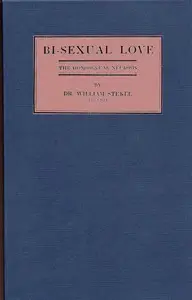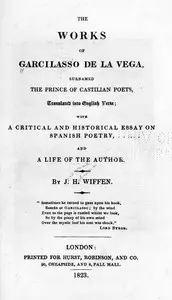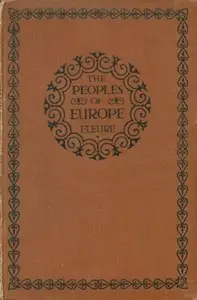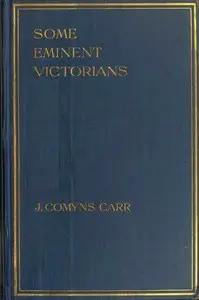"Poor Folk" by Fyodor Dostoyevsky is a novel written during the mid-19th century that delves into the lives of two impoverished characters through their letters to each other. The main characters are Makar Dievushkin, an elderly civil servant, and Barbara Alexievna, a young woman whom he admires. The story explores their struggles and desires against the backdrop of their societal conditions, offering a poignant look at love, sacrifice, and the harsh realities of life in a city like St. Petersburg. The opening of "Poor Folk" presents an intimate correspondence between Makar and Barbara, filled with affection and concern for each other's well-being. Makar expresses his joy over a simple gesture from Barbara that connects them, a plan involving the lowering and raising of her curtain to signal her thoughts and health. The letters reveal their respective living conditions and concerns about finances, health, and societal expectations. Makar’s affectionate demeanor contrasts with Barbara's worries about her own health and his financial struggles, setting the tone for a deep emotional connection that blossoms amid their challenging realities. The correspondence serves as a heartfelt exploration of their lives, paving the way for a narrative that examines the complexities of human relationships amidst poverty. (This is an automatically generated summary.)

Poor Folk
By Fyodor Dostoyevsky
Translation of Bednye liudi
Fyodor Mikhailovich Dostoevsky, sometimes transliterated as Dostoyevsky, was a Russian novelist, short story writer, essayist and journalist. Numerous literary critics regard him as one of the greatest novelists in all of world literature, as many of his works are considered highly influential masterpieces. Dostoevsky's literary works explore the human condition in the troubled political, social, and spiritual atmospheres of 19th-century Russia, and engage with a variety of philosophical and religious themes. His most acclaimed novels include Crime and Punishment (1866), The Idiot (1869), Demons (1872), The Adolescent (1875), and The Brothers Karamazov (1880). His 1864 novella Notes from Underground is considered to be one of the first works of existentialist literature.


















